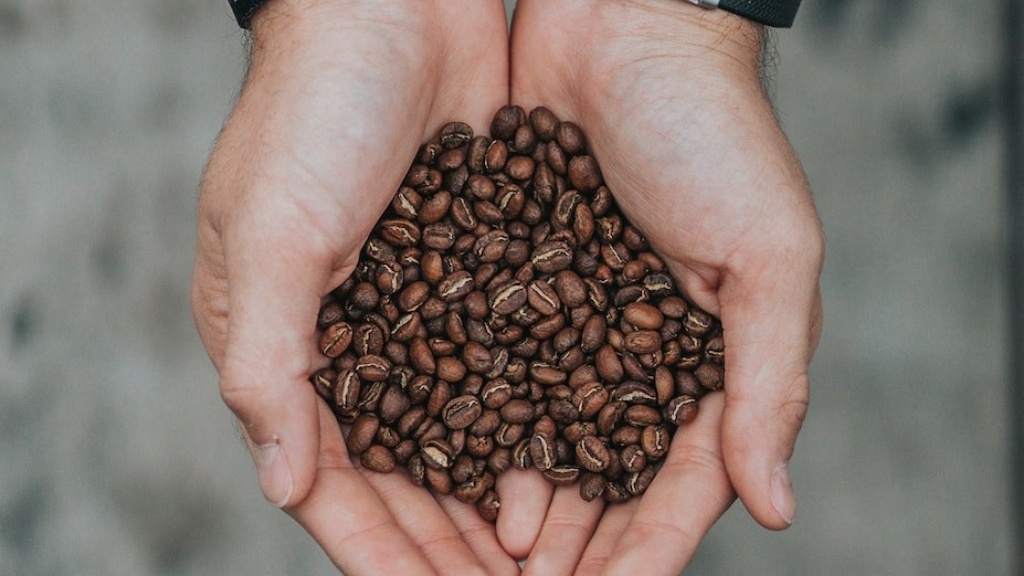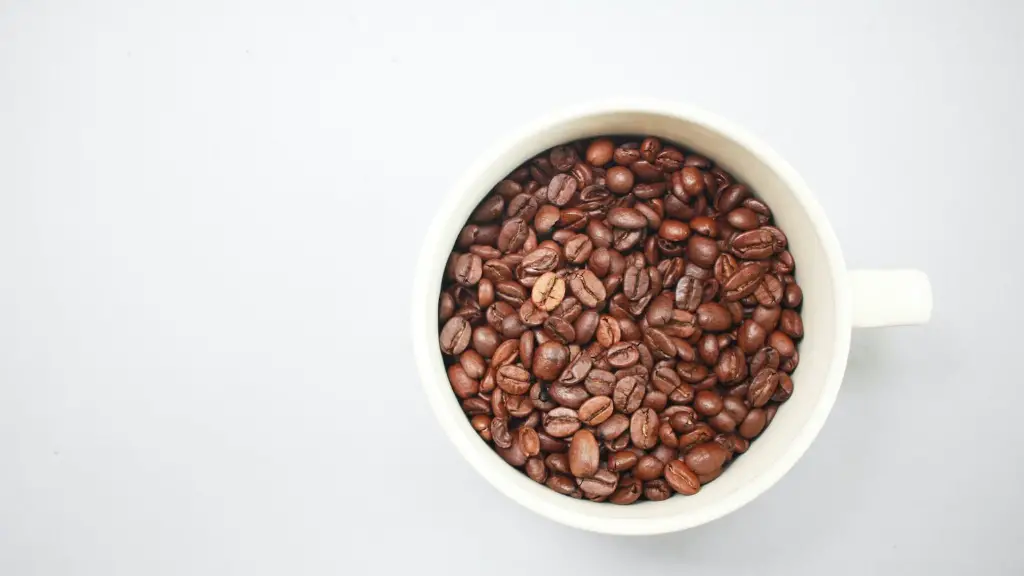The Science Behind Coffee on Empty Stomach
While millions of people around the world enjoy starting their day with a cup of coffee, it can have both positive and negative effects on your health, depending on how it’s consumed. Regularly drinking black coffee on an empty stomach can affect the production of the hormones cortisol and ghrelin, leading to detrimental side effects.
The primary hormone we’re interested in when discussing the effects of drinking black coffee is cortisol. Cortisol is a stress hormone that is released in response to stress, emotions and psychological issues. It is also known as the “fight or flight” hormone. When cortisol is secreted during times of stress, it triggers the release of glucose, which provides the body with energy.
It’s important to know that there are natural fluctuation in levels of cortisol throughout the day, with the highest levels being seen early in the morning. Interestingly enough, this is typically when people drink their first cup of coffee. Studies have indicated that when you drink black coffee on an empty stomach, cortisol levels can spike by up to 50%.
In addition to cortisol, ghrelin is also affected when you drink coffee on an empty stomach. Ghrelin is a hormone that increases appetite and is also known as the “hunger hormone.” Studies have also found that hormones associated with hunger can increase by up to 45% when a person drinks black coffee on an empty stomach.
It’s very important to note that cortisol levels can remain elevated in cases of chronic stress. If you are constantly drinking coffee on an empty stomach, this can lead to irregular cortisol levels that can be difficult to control. This can lead to long-term issues such as weight gain, anxiety, depression, fatigue and insomnia.
The Slow-Brewed Reality
While it may sound like a good idea to drink black coffee on an empty stomach in order to get a quick burst of energy, there are some serious side effects to consider when doing so.
Perhaps the best way to consume coffee would be to slow-brew it. Slow-brewing helps to break down the caffeine molecules, which allows for a slow and steady release of energy over time. It also helps to reduce the “jittery” effects associated with drinking coffee on an empty stomach.
It also allows for the body to metabolize the caffeine more quickly, which helps to reduce the spike in cortisol and ghrelin levels. Studies have found that slow-brewing is associated with a lower risk of cardiovascular disease and may even help to reduce the risk for type 2 diabetes.
Best Practices for Drinking Coffee
If you’re looking to reduce the effects of drinking black coffee on an empty stomach, there are some best practices you should follow.
First, try to avoid drinking coffee first thing in the morning. Give your body time to wake up and get going before having a cup. When your body is ready for a cup of coffee, make sure to drink it with a source of healthy fats, like a few almonds or a healthy yogurt. This will help to reduce the spike in cortisol and ghrelin levels.
Finally, it’s important to pay attention to when you’re feeling tired throughout the day. Instead of relying on coffee, try to find other ways to stay alert and energetic, like taking a walk or getting some fresh air. Finding healthy alternatives will help to improve your overall energy levels and will also reduce the side effects of drinking coffee on an empty stomach.
Caffeine and Mood
It’s no secret that coffee can affect our mood. While coffee has been linked to an increase in alertness, it can also lead to feelings of restlessness and irritability. This is due to the intense spike in cortisol and other hormones when it is consumed. When cortisol levels become elevated, it can lead to an increase in stress, which can manifest itself as anxiety or an inability to focus.
Research has also indicated that coffee can lead to rapid increases in dopamine, which is believed to be the primary reason why it can make you feel more alert. However, the intense burst of dopamine can lead to feelings of jitteriness or agitation, as well as withdrawal symptoms when caffeine levels drop.
In order to reduce the effects of drinking black coffee on your mood, it’s important to be mindful of how much coffee you drink. Try to stick to one cup per day and be sure to drink it with a source of healthy fats to help reduce the spike in cortisol and other hormones.
Caffeine and Sleep
Coffee can have a significant effect on your sleep, both positive and negative. While coffee can help to provide a quick burst of energy, it can also lead to sleep problems if it’s consumed too late in the day.
Research has indicated that caffeine can remain in the body for up to 8 hours, which can lead to inhibited sleep if you’re drinking coffee late in the evening. Additionally, the intense burst of cortisol and other hormones can lead to increased anxiety and agitation, both of which can make it more difficult to fall asleep.
If you’re looking to improve your sleep quality, make sure to avoid drinking coffee after 2pm. Additionally, avoid sugary energy drinks, which can lead to further disturbances in your sleep pattern. Creating a consistent sleep schedule and avoiding screens before bedtime can also help to improve your sleep quality.
Caffeine and Stress
Finally, it’s important to note that drinking black coffee on an empty stomach can lead to increased levels of stress. As mentioned previously, cortisol is a stress hormone that is released in response to stress or emotions.
While drinking coffee can give you a quick burst of energy, it can also lead to long-term issues if not monitored carefully. Research has indicated that regularly drinking coffee on an empty stomach can lead to an increase in stress over time, which can impair your ability to concentrate and focus.
In order to reduce the effects of caffeine on stress, it’s important to stick to one cup per day. Additionally, make sure to drink it with a source of healthy fats, like a few almonds, in order to reduce the spike in cortisol. Finally, try to find other ways to manage stress, like meditation or exercise, in order to reduce the effects of stress on your health.





